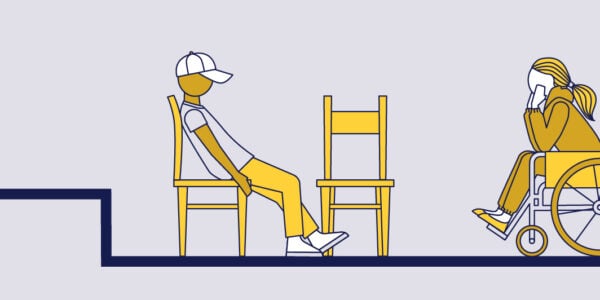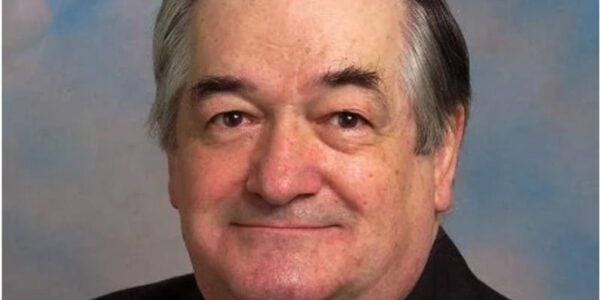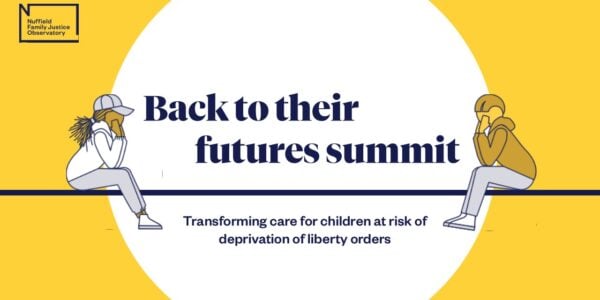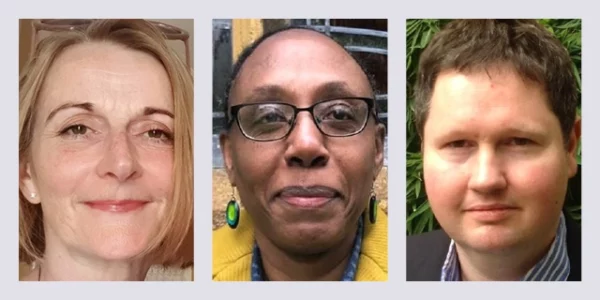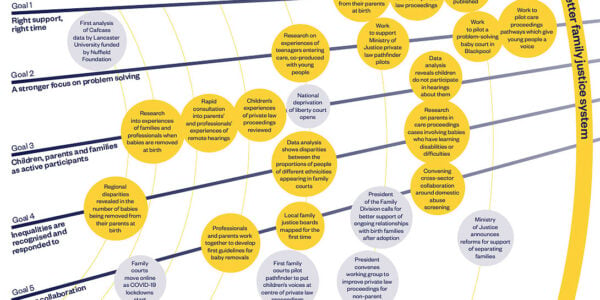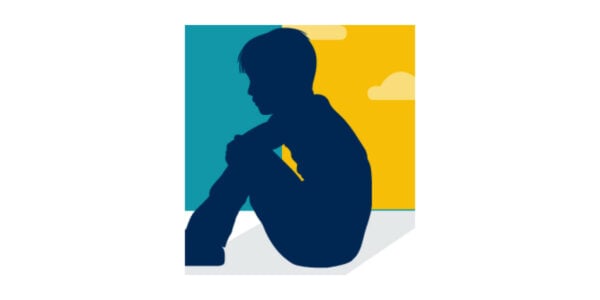The use of a ‘last resort’ measure by the High Court which allows it to deprive children of their liberty in unregulated settings – including caravans and holiday lets – when a place can’t be found for them elsewhere, has increased by 462 per cent over three years.
Children in England and Wales can be deprived of their liberty for welfare (risks to their safety), youth justice or mental health reasons, and placed in secure children’s homes, young offender institutions, secure training centres or mental health in-patient wards. When a place for a child cannot be found in any of these settings – either because their needs are deemed too challenging, or because there aren’t enough beds available – the High Court can use the powers under its inherent jurisdiction to deprive the child of their liberty in an unregulated placement.
In 2020, just one in two children referred for a place in a secure children’s home for welfare reasons were found one (420 referrals vs 209 placements).
According to new data analysis in an evidence review published today by Nuffield Family Justice Observatory, in the three years to 2020/21 the number of applications made to the High Court to deprive children of their liberty under the inherent jurisdiction increased from 108 to 579 per year (an increase of 462%). In 2020/21 these applications outnumbered applications under s.25 of the Children Act 1989 (for places in secure children’s homes) for the first time.
Unlike children held in other settings, children deprived of their liberty under the inherent jurisdiction don’t appear in published administrative data or records. This is a major cause for concern as there is no public record of where they are placed, what restrictions are placed on their liberty, or their outcomes.
The evidence review also highlighted that there are marked similarities in the early life experiences and needs of children deprived of their liberty for welfare and youth justice reasons. Children entering both welfare and youth justice secure settings are likely to have experienced trauma and disadvantage from early childhood, and these experiences are likely to lead to difficulties and risks arising from mental health problems, such as challenging and offending behaviours, substance misuse, self-harm, educational needs, and risk of sexual and criminal exploitation.
The research was carried out by Nuffield Family Justice Observatory and is published alongside a new analysis of data relating to children’s secure accommodation orders in partnership with the Family Justice Data Partnership.

